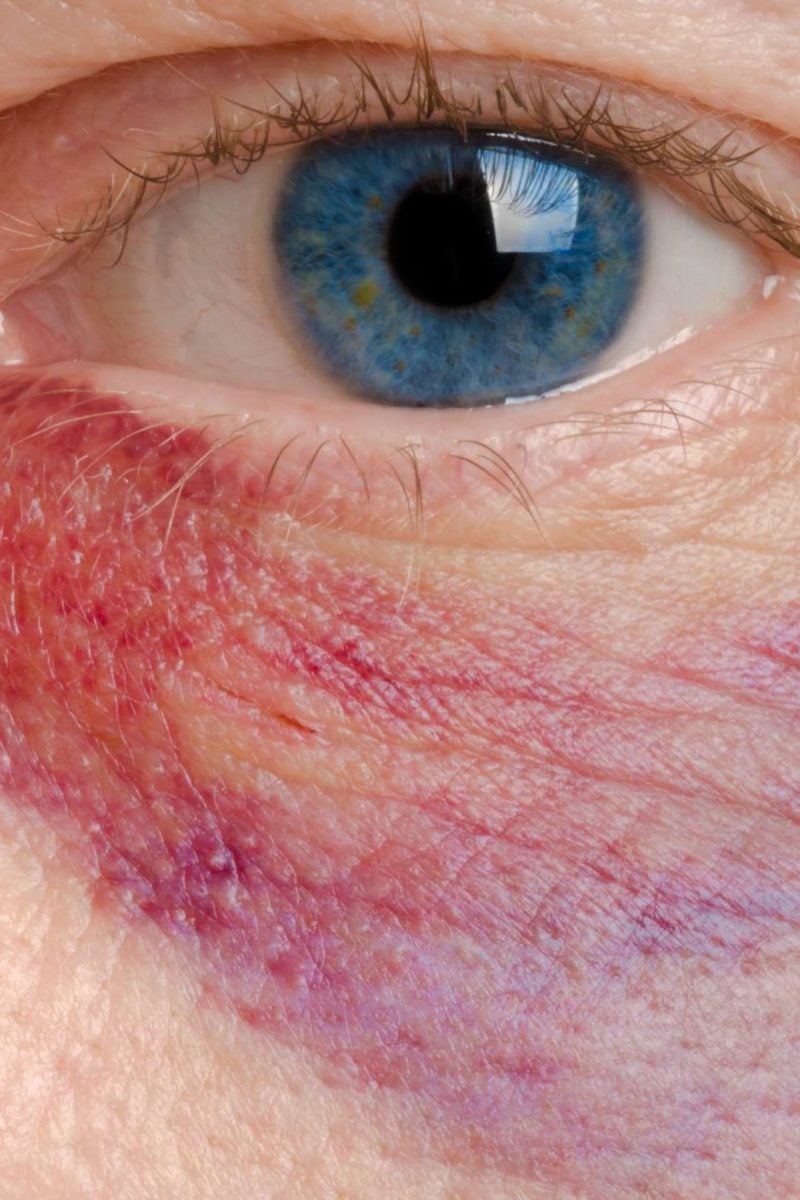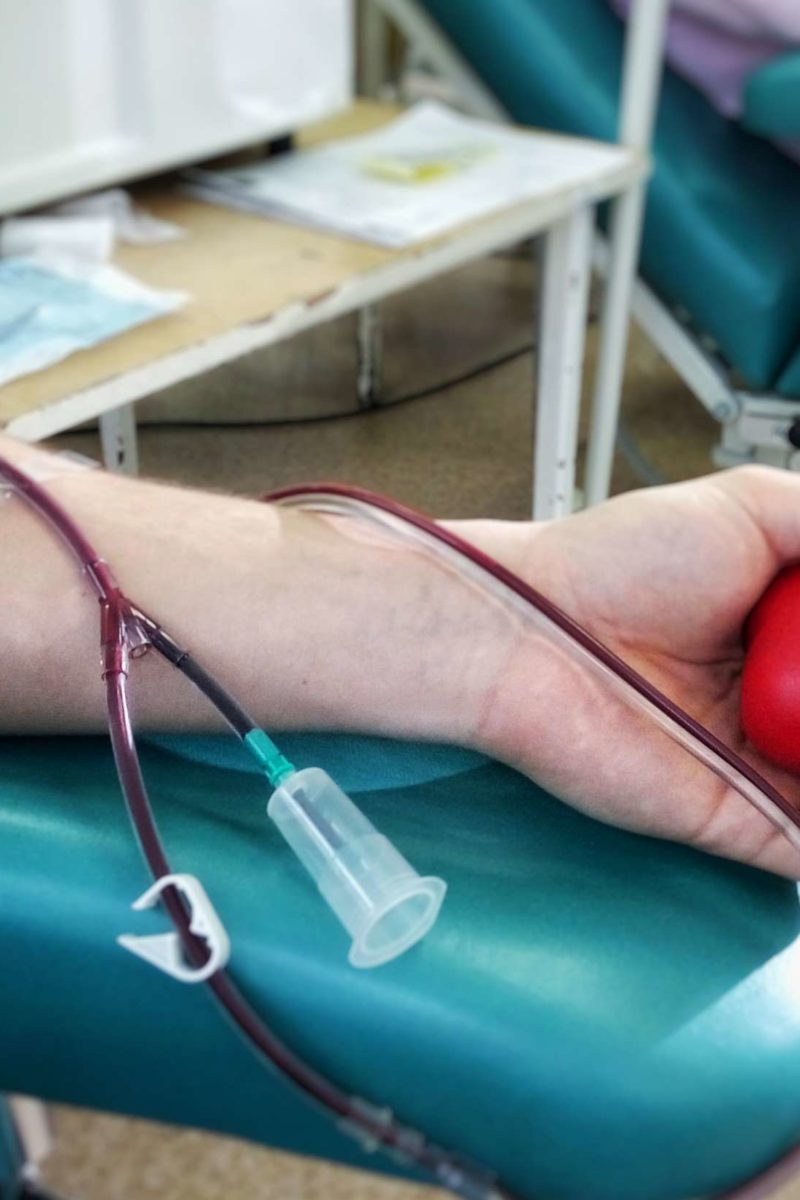Table of Content
One or both eyes can be affected, and bacterial conjunctivitis is contagious. Bacterial conjunctivitis is best treated by a doctor. You might be able to overcome the illness at home, but antibiotics will significantly shorten the duration.
Other remedies to consider include cold or warm compresses and over-the-counter lubricating eye drops to relieve pink eye symptoms. Allergies can also cause pink eye, but this is not a contagious form of the condition. Allergic pink eye happens when your eyes come into contact with an allergen, such as pollen or dust. If you have pink eye, it’s important to practice good hygiene to prevent spreading the infection.
Why Are My Eyes Crusty?
In some cases, measles can damage the cornea, retina or optic nerve and result in vision loss or blindness. Eye infections in young children can be very serious—even blinding. Don't delay seeing a doctor and don't rely only on folk remedies.

Pink eye caused by allergies will be treated differently than bacterial or viral pink eye. This not only helps your child get proper treatment, but also reduces the chances of your child spreading the condition to others. With untreated pink eye, your child can be contagious for up to two weeks.
Will I be able to go to work with pink eye?
Use a compress for a few minutes at a time, several times a day. Bacterial pink eye is also a contagious form of pink eye. Like viral pink eye, bacterial pink eye can be caused by bacteria that cause common illnesses, like some ear infections. It can also be spread by touching surfaces that have been contaminated with the virus, such as doorknobs, then touching your eyes. Bacterial pink eye is another form of the condition that is also highly contagious. This type is often caused by bacteria such as staphylococcus and streptococcus.

If your signs and symptoms persist or get worse, despite treatment, your doctor may refer you to an eye specialist . In most cases, your doctor can diagnose pink eye by asking questions about your symptoms and recent health history. If you experience eye pain or vision changes, though — blurriness, double vision or loss of sight — you should see a doctor right away. These could be symptoms of something serious, like a stroke or brain tumor, or another health concern. You might have heard people say putting breast milk in your eye is beneficial because it has antibodies.
Boric Acid in Children
Pink eye can be treated with over-the-counter medications or prescription medication from a doctor. There are three types of conjunctivitis that affect what kind of care you may need. Over-the-counter eyedrops called artificial tears may relieve symptoms. Some eyedrops contain antihistamines or other medications that can be helpful for people with allergic conjunctivitis. Take a dropper and put a drop of castor oil in your eye. The best and most effortless cure for pink eye is to apply castor oil at the first indication of eye disturbance.
If the irritation is allergic conjunctivitis, your doctor may prescribe one of many different types of eyedrops for people with allergies. Viral infections usually clear up without treatment within 1–3 weeks. A person should speak with a doctor if this happens, as they will need antiviral medication to prevent complications.
The type of pink eye you are experiencing is critical when determining your treatment. For less severe infections or allergic or chemical pink eye, you may be able to treat the condition exclusively at home. Green tea is packed with antioxidants and bioflavonoids, which is why so many people turn to this beverage for a variety of health conditions. For conjunctivitis, simply steep a green tea bag and then allow it to cool . Then, place the tea bag directly over the affected eye and allow the organic compounds and nutrients do their topical work. This can eliminate the infection and reduce inflammation and pain.

If you wear contacts, you should remove them for the duration of your pink eye. Bacterial conjunctivitis causes a sticky discharge, yellow or green, located in the corner of the eye. In extreme cases, the discharge can cause the eyes to stick together.
This herbal remedy comes up constantly in natural treatments, because it is packed with immune-boosting and antiviral compounds. For the treatment of conjunctivitis, turmeric can be mixed with water to form a thin paste. You can then dip a washcloth in this mixture and use it as a compress over the affected eye.
The good news is that pink eye is usually highly contagious, but there are a few exceptions. For example, viral pink eye is often caused by the same viruses that cause the common cold. This means it can be passed through coughing and sneezing. Pink eye is a contagious infection of the eye that can cause redness, itchiness, and discharge. Pink eye usually goes away on its own within to days, but some cases may last longer.
The conjunctiva is the transparent covering of the white part of the eye. Chemical pink eye is caused by irritants in the environment, such as smoke or chlorine. If you have a cold or the flu, don’t share your towels, sheets, or pillowcases with other people. It is prescribed as an eye drop, such as Prednisolone Acetate Suspension . Do not use eye cosmetics until you get rid of the pink eye completely.
Severe allergies are sometimes treated with eye drops containing steroids, as well. Cold and hot compresses are a great way to soothe any inflammation happening in your eye. Place a cloth soaked in cold or warm water - whichever feels the most soothing to you - over your eye for at least 20 minutes a few times a day.
What causes pink eye?
Therefore, while it may seem as though a home remedy cured pink eye, the condition likely improved without it. In cases of allergic pink eye, the symptoms will improve once the person no longer has exposure to the allergen. Bacterial pink eye is relatively easy to diagnose because the eye it affects often produces thick pus.


No comments:
Post a Comment